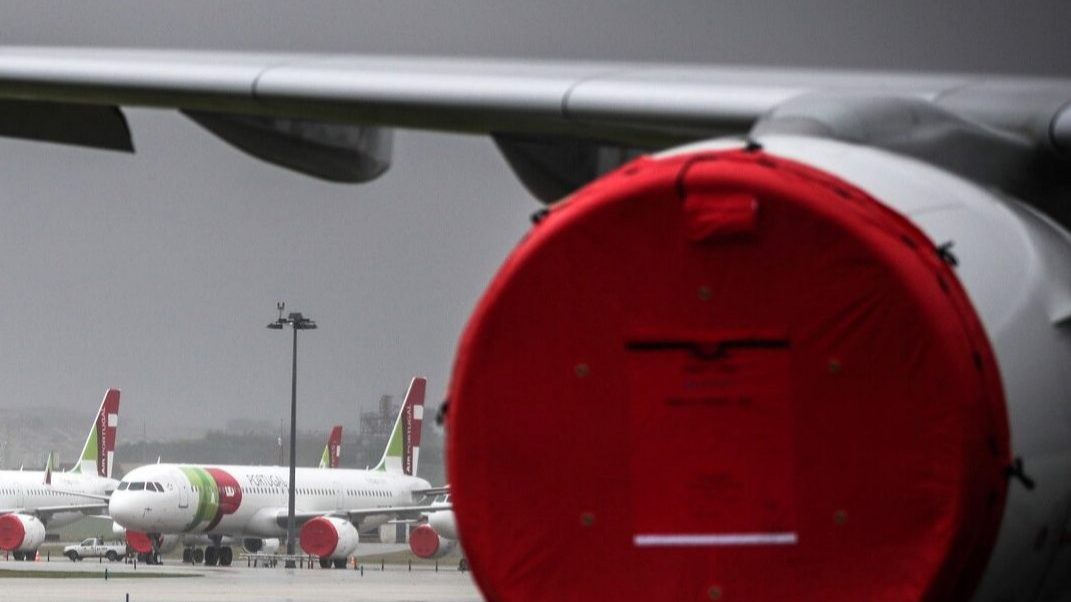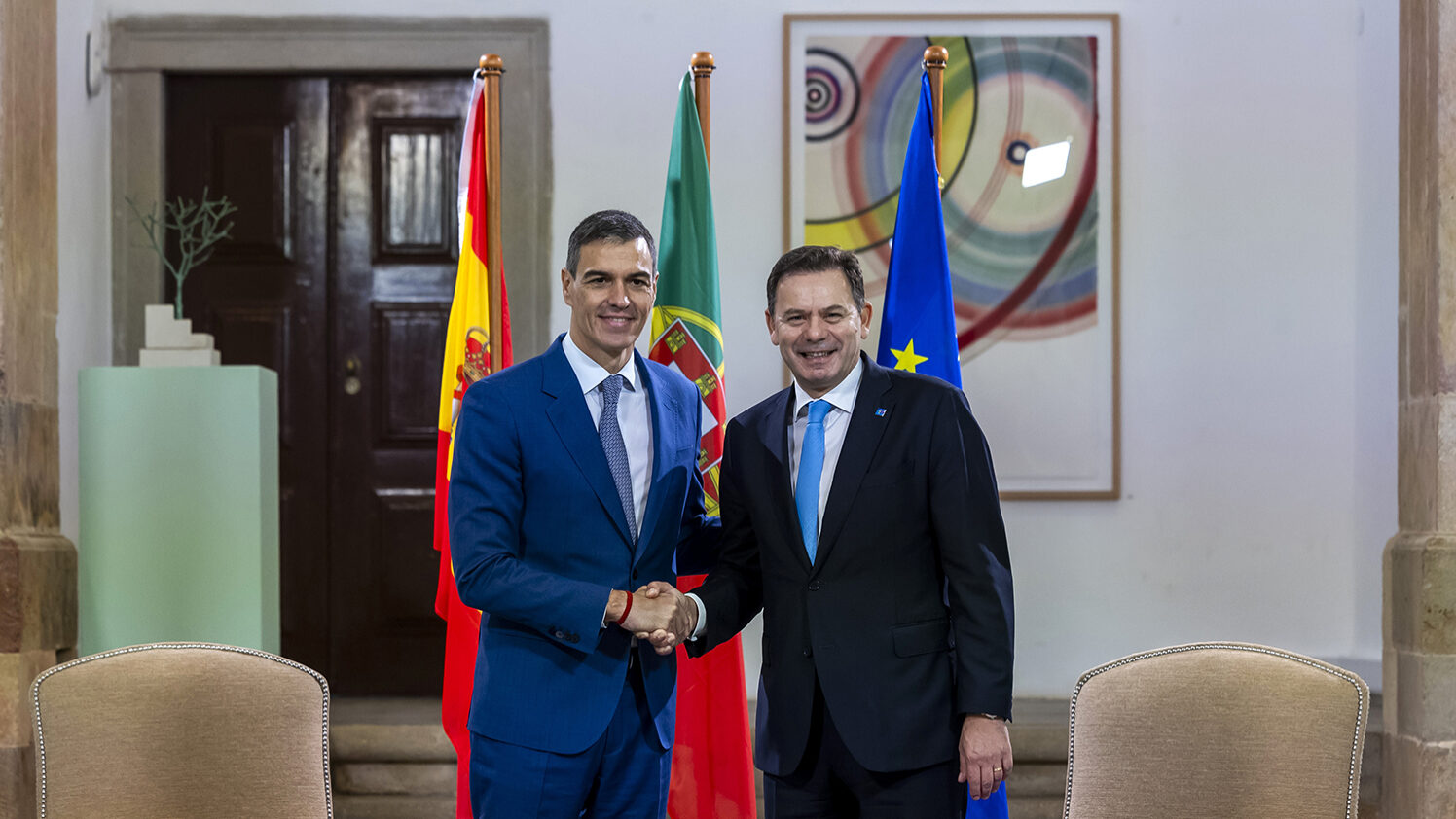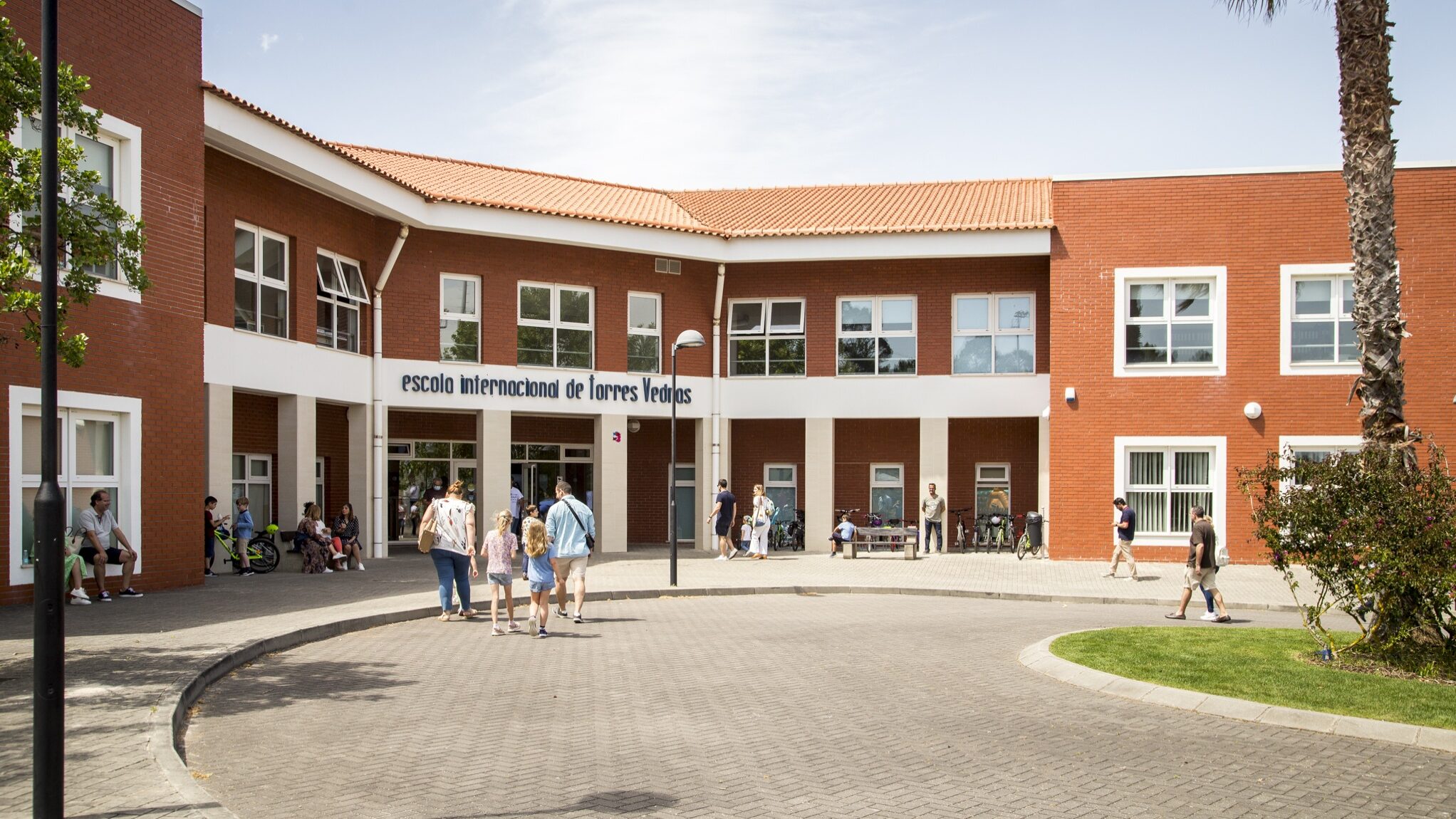Maria Luís Albuquerque, the results-oriented commissioner who waited a decade for Brussels
Former Minister of Finance during the Troika, she was considered a candidate for Brussels in 2014. Now, between meetings and business trips, she is focused on delivering results.
A year ago, Luís Montenegro announced Maria Luís Albuquerque as Portugal’s nominee for the European Commission. From São Bento, in a short statement to journalists, the prime minister justified the choice of the former finance minister in Pedro Passos Coelho’s government with the “academic, professional, political, and civic merit” of the woman who had been considered for the position a decade ago, but whose nomination was blocked by the crisis at BES. At 57, Brussels has become home to the now commissioner with a busy agenda focused on deepening the Banking Union and who, in her little free time, enjoys being with her family.
With a discreet public profile and removed from active national political life, the preparation for Maria Luís Albuquerque’s nomination took place over the months leading up to the announcement. The economist, who in 2013 succeeded Vítor Gaspar as Minister of Finance and remained in office until the end of Pedro Passos Coelho’s government in 2015, still had an image linked to the reforms implemented during the Troika and needed to make a name for herself. Little by little, the former government official who supported Luís Montenegro in the race for the leadership of the PSD in 2019 began to appear at party events and her name began to circulate in the newspapers.
Three days after Luís Montenegro’s announcement in August 2024, she was a surprise speaker at the PSD’s traditional summer university in Castelo de Vide, and in what was her first public appearance since being appointed, she made her intentions clear: “No commissioner represents their country. Each commissioner represents the 27 countries in the portfolio assigned to them”. This stance came as no surprise to those who follow her work.
She had a preference for the portfolio she was assigned, and although she never said so publicly, it is easy to guess that she got her wish. “I am satisfied”, she said publicly only after being assigned to Financial Services and the Savings and Investment Union.
Born in Braga, she graduated in Economics from the Lusíada University of Lisbon in 1991 and completed her master’s degree in Monetary and Financial Economics at the Higher Institute of Economics and Management of the Technical University of Lisbon in 1997. Her training led her to perform technical functions at the beginning of her career, first at the Directorate-General for Treasury and Finance between 1996 and 1999, and then at the Office for Economic Studies and Forecasting of the Ministry of Economy between 1999 and 2001.
She became an advisor to the Secretary of State for the Treasury and Finance, but quickly took on the leadership of the Financial Management Department at Refer, where she remained until 2007, when she left to coordinate the Issuance and Markets Unit at the Institute for Treasury and Public Credit Management until 2011. It was with this background in mind that Pedro Passos Coelho’s Social Democratic Government appointed her Secretary of State for the Treasury and Finance, a position she held between June 2011 and June 2013.
In this position, among other topics, she followed Eurogroup issues, repeatedly replacing then-Minister Vítor Gaspar at meetings, whom she eventually succeeded at Terreiro do Paço in July 2013. It was around this time that his name was put forward as a candidate for European Commissioner in Jean-Claude Juncker’s team. However, the crisis at BES led Pedro Passos Coelho to retain his minister and appoint Carlos Moedas instead.
Since 2022, Maria Luís Albuquerque had been working from Germany as a member of Morgan Stanley’s banking supervisory board. Previously, in 2021, she ran for the position of chair of the European market supervisor, which she ultimately lost.
“An Italian, a German and a Portuguese. The deadlock dragged on for more than six months because Italy and Germany had a blocking minority. In such circumstances, the solution is often to go for the third candidate. But for that, you need political support, and I didn’t have it”, she said at the PSD summer university a year ago, in what was read as a criticism of António Costa’s government.
According to those who have crossed paths with her, Maria Luís Albuquerque is results-oriented. And that is the spirit she now brings to her days spent between offices in Brussels and business trips. With a term of office that has been “demanding in terms of both schedule and obligations” since the beginning, examples of which include various meetings with stakeholders, she has travelled to Portugal only a few times since taking office.
The main focus is on delivering results in the Banking Union and the European Deposit Insurance Scheme, the main objectives of her mandate. To this end, she already has her agenda prepared until the first quarter of next year and recently announced, for example, that she wants to relaunch the European PPR. “We will try to give it a new lease of life”, she said at a conference, acknowledging that the Pan-European Personal Pension Product (PEPP), as it stands, “has not been successful”.
She therefore has little free time. Even so, when she does have it, she likes to spend time with family and friends. When this is not possible, a book can also distract her, but she is described as “someone who really likes to talk to people”, is interested in “getting to know areas other than her own” and “exchanges views with those she meets”. “She likes to listen even to those with whom she disagrees”, say those close to her.




